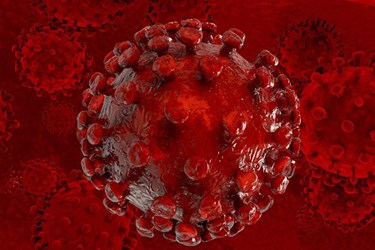Shire Partners With ArmaGen On AGT-182 For Hunter Syndrome
By Cyndi Root

Shire announced in a press release that it has partnered with ArmaGen, a U.S. biotechnology company, on AGT-182 for Hunter syndrome. The investigational enzyme replacement therapy (ERT) has potential in treating the central nervous system (CNS) symptoms of the rare disease. Shire states that the new collaboration demonstrates its commitment to the Hunter syndrome community and strengthens its rare disease pipeline.
Dr. Philip J. Vickers, Global Head of Research and Development at Shire, said, “AGT-182 has the potential to be an important new therapy to our portfolio of programs for the treatment of both the CNS and somatic manifestations of Hunter syndrome.”
Shire and ArmaGen Agreement
James Callaway, Ph.D., CEO of ArmaGen, commented on the Shire and ArmaGen partnership, saying, “Shire is the ideal partner for AGT-182, based on the company’s international reach and expertise in serving patients with Hunter syndrome.”
The two companies intend to conduct a Phase I/II clinical trial of AGT-182, leveraging Shire’s expertise with Hunter syndrome patients. Under the terms of the agreement, Shire will make an upfront payment of $15 million in cash and equity, in return for worldwide commercialization rights for AGT-182. Shire will also make additional investments, including R&D funding, regulatory and sales milestones, and royalty payments. ArmaGen will conduct the Phase I/II study, which will begin by the end of 2014. Shire will handle development following the study, taking responsibility for further trials and commercialization.
AGT-182
AGT-182 has been designated an orphan drug by the Food and Drug Administration (FDA), ArmaGen announced in a press release in July 2013. The European Medicines Agency (EMA) has also conferred orphan status on the agent. The drug’s action mechanism takes advantage of the blood brain barrier (BBB) and fuses the replacement IDS enzyme to an antibody that binds to a receptor on the BBB.
Hunter Syndrome
Hunter syndrome is also known as mucopolysaccharidosis type II, or MPS II. The inherited condition is rare and life-threatening. Due to the absence or insufficient levels of the lysosomal enzyme iduronate-2-sulfatase, cellular waste products accumulate in tissues and organs. About two thirds of patients develop CNS symptoms, which AGT-182 is designed to treat. Current treatments cannot pass the BBB and therefore are unsuccessful treating CNS symptoms.
